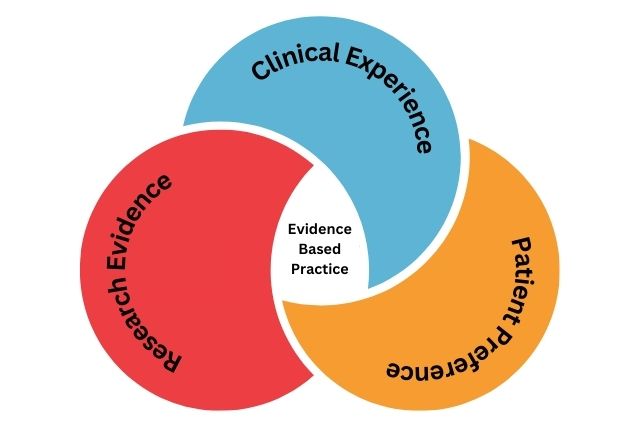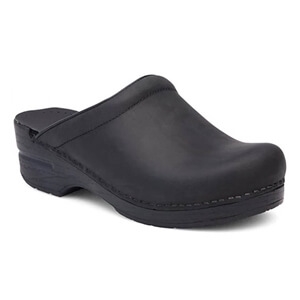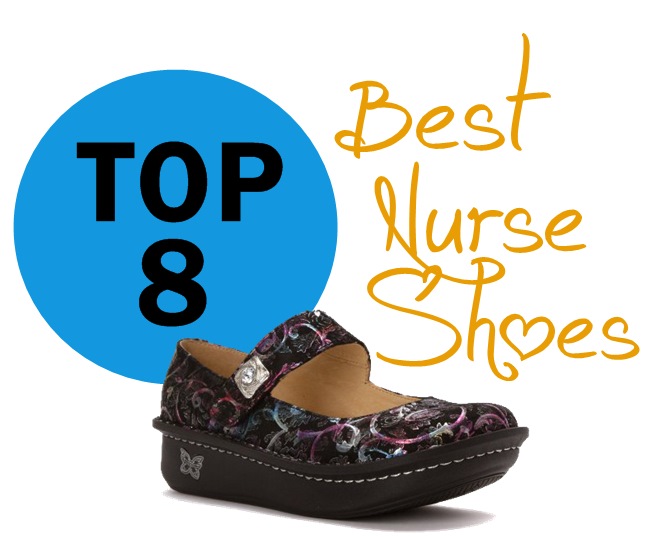
The Essence of Nursing Research
Nursing research is the driving force behind evidence-based practice, representing a systematic inquiry that explores and generates knowledge to enhance patient care. It involves the scientific investigation of healthcare questions, leading to a deeper understanding of nursing phenomena and improved clinical decision-making.
The Pillars of Evidence-Based Practice
Evidence-based practice (EBP) is rooted in the integration of the best available evidence, clinical expertise, and patient preferences. By incorporating the latest research findings into healthcare decisions, EBP aims to optimize patient outcomes, improve quality of care, and promote efficient resource utilization.
The Research-Practice Gap

Despite the clear benefits of nursing research and evidence-based practice, a notable gap often exists between research findings and their application in clinical settings. This research-practice gap poses challenges to translating knowledge into effective healthcare interventions, hindering the full potential of evidence-based care.
Bridging the Gap
Efforts to bridge the research-practice gap involve integrating research findings into day-to-day nursing activities. This includes providing nurses with the skills to critically appraise research, fostering a culture of inquiry within healthcare institutions, and emphasizing the importance of evidence-based decision-making in clinical practice.
The Impact on Healthcare Outcomes
Embracing nursing research and evidence-based practice has a profound impact on healthcare outcomes. It contributes to improved patient safety, enhanced quality of care, and increased patient satisfaction. By aligning healthcare interventions with the best available evidence, nursing research becomes a catalyst for positive changes in patient health.
The Role of Nurses in Research

Nurses play a pivotal role in the research process. From generating research questions based on clinical observations to actively participating in research studies, nurses contribute valuable insights and data. The involvement of frontline healthcare providers ensures that research is practical, relevant, and directly applicable to patient care.
Barriers and Challenges
Barriers to implementing evidence-based practice in nursing include time constraints, lack of resources, and resistance to change. Overcoming these challenges requires dedicated efforts at both the individual and institutional levels, including ongoing education, mentorship programs, and the establishment of a supportive organizational culture.
Nursing Research and the Future of Healthcare

The future of healthcare is intricately linked to nursing research and evidence-based practice. As technology advances and healthcare systems evolve, nurses must continue to engage in research to address emerging challenges, inform policy decisions, and contribute to the ongoing improvement of patient care.
Conclusion
In conclusion, nursing research and evidence-based practice are essential components of advancing healthcare outcomes. By embracing a culture of inquiry, actively participating in research, and overcoming barriers to implementation, nurses can ensure that the latest evidence informs their practice, ultimately leading to better patient outcomes.
FAQs:
How does evidence-based practice enhance patient care?
Evidence-based practice enhances patient care by integrating the best available evidence with clinical expertise and patient preferences. This approach ensures that healthcare decisions are informed by current research findings, leading to optimized patient outcomes, improved quality of care, and efficient resource utilization.
What are some common barriers to implementing evidence-based practice?
Common barriers to implementing evidence-based practice in nursing include time constraints, lack of resources, and resistance to change. Overcoming these barriers requires efforts at both the individual and institutional levels, including ongoing education, mentorship programs, and the establishment of a supportive organizational culture.
You may also like
Nurse Burnout: Recognizing, Preventing, and Addressing the Epidemic
The demanding nature of the nursing profession, coupled with external stressors, creates a breeding ground…
Are Nurses Happy?
Nurses are often on the frontline of healthcare, keeping patients comfortable and cared for while…
What is the most comfortable shoe of all time?
Welcome to NursingShoesHunt.com, your trusted source for all things related to nursing shoes and invaluable…
Dansko Women’s Sonja Oiled Leather Clog Review
Dansko Professional clogs started the Comfort Revolution. In its iconic outline the shoes like the…
Best Shoes For Nurses Reviews and Comparisons of 2025
You search for the most reliable and the best shoes for nurses, I know. Hardly…
How much do nurses make?
Navigating the financial landscape of the nursing profession is a common concern for both experienced…






